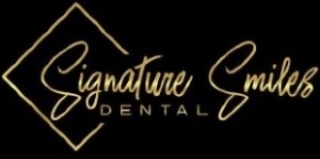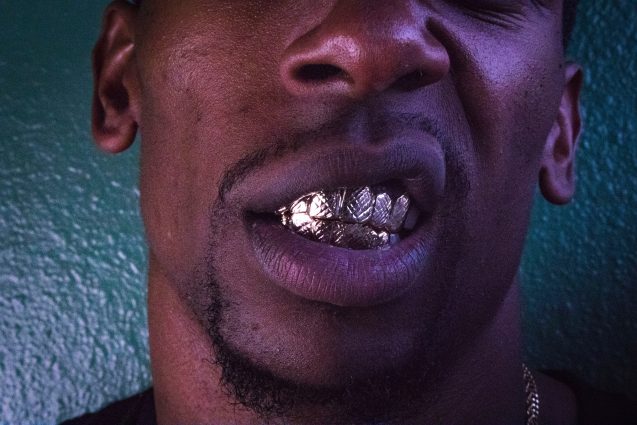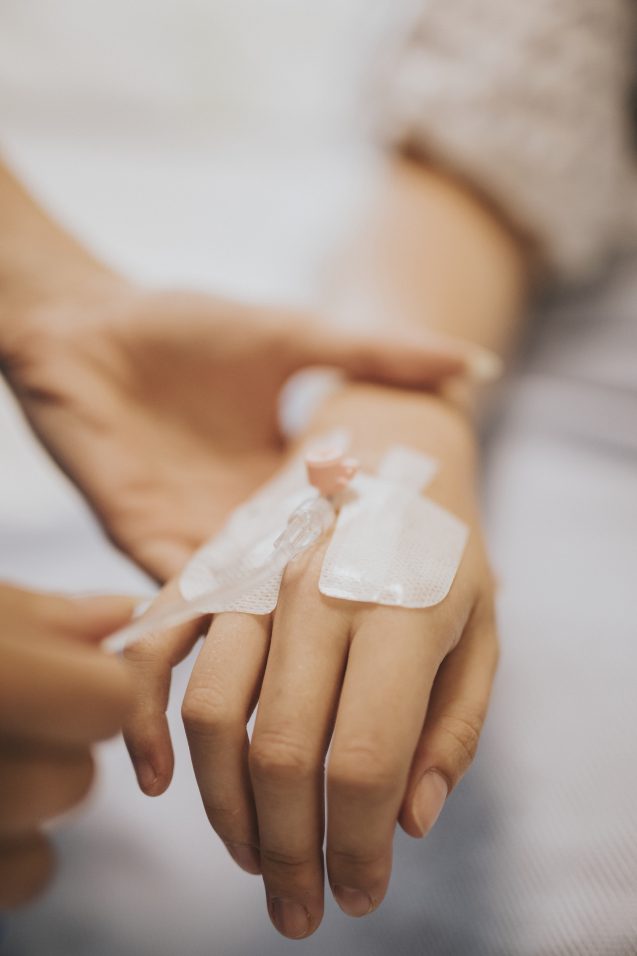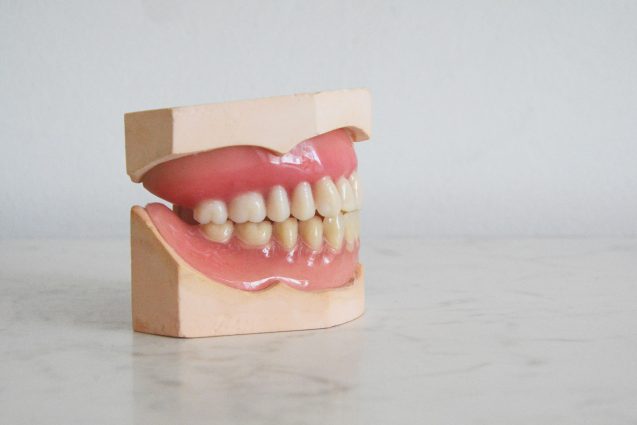By Signature Smiles
01 Oct, 2021
Uncategorized
bacteria, bad breath, cavities, decays, dentak, dentist, fronts, grills, Grillz, gum disease, teeth grills, tooth decay
What are Teeth Grills?
Teeth grills often known as fronts or “Grillz” are removable covers for your teeth which are often made by gold, silver or cheaper metals. They can be put on one or more teeth and can be taken off at any time. While studies done by the American Dental Association have not show that grills can be harmful, they are also no studies to prove they are safe for your teeth.
 Dental Risks of Teeth Grills
Dental Risks of Teeth Grills
There are different types of risk for teeth grills such as:
- Bacteria and debris- Grills can cause food to get stuck in between the grills and teeth which can lead to tooth decay, bad breath and gum disease.
- Glue- The glue that is used to attach the grills could cause harm to your teeth and gums to the chemicals that it uses.
- Abrasion- Grills could scrape away the enamel on your teeth
- Chewing and speaking- The grills could negatively affect your chewing and speaking if places in a wrong position.
How can you take care of you Grills?
If you choose to have grills you should always make sure you’re cleaning you mouth and gums to avoid any gum diseases or cavities.
- Wear you grill sparingly as needed
- Clean you grill daily to avoid bacteria
- Floss daily to get rid of trapped food
- Remove you grill before eating and cleaning your teeth
Consult your dental professional regarding allergies, cost, materials and risks before getting any dental grills.
References:
Colgate
True Care Dentistry
More
What is Erosion ?
Dental erosion happens when the top layer of your teeth called the enamel wears away due to the acids that come up from your stomach. This can cause more cavities to form because the protective enamel is gone.
Your stomach creates natural acids to help digest food and usually the acid travels back up and into your mouth especially after larger meals and your saliva rebalances your acid levels so this doesn’t affect your teeth in the long run. However, for people that may suffer from acid reflux or gastric acids this process can be damaging especially when you’re asleep and your mouth is producing less saliva.
If the enamel has started to wear away you would feel the following:

- Pain or sensitivity when drinking, hot, cold or sweet drinks
- Discoloration of teeth
- cracks and chips
- indentations known as cups on the surface of your teeth
- Develop abscess (extreme case)
- Experience tooth loss (extreme case)
Unfortunately dental erosion is permanent and you may need to get dental work such as fillings or crowns to restore those teeth.
How can you protect your teeth?
To protect your teeth or gain some relief you could do the following
- Chew sugar free gum to help produce saliva and neutralise the acids in your mouth
- Fluoride toothpaste or some prescription toothpaste which would help reinforce the enamel
- Avoid smoking and alcohol
- Avoid eating 3 hours before your bedtime.
- See your dentist regularly and they may be able to recommend ways to protect the tooth enamel or suggest ways to get more relief.
References :
Mouth Healthy
Healthline
More
Dentist will usually use a type of anaesthesia for certain procedures. These procedures are done with anaesthetics which can be done with or without consciousness. There are many different types of medication that can used for this. The different types used depends on a person-by-person basis. As some people can be have negative reactions to certain anaesthetics, the dentist will need to look at the age, health, medical history and length of the procedure.
There are three main types of anaesthesia: local, sedation, and general.
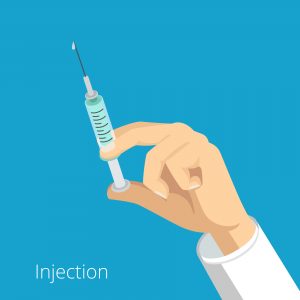
Local anaesthesia is used for procedures such as fillings, extractions and root canals. They are generally used for less complicated procedure and it usually take about 10 minutes to take full effect and can last a couple of hours. During this you are conscious and are able to communicate. The area will feel numb and might also feel a little large however it looks normal.
Sedation:
There are different types of sedation which are used to relax a person and help them with pain. Sedation can be categorized into mild, moderate and deep which means you can be semiconscious barely conscious. This medication is inhaled or given via Intravenously.
General anaesthesia
General anaesthesia is given for longer procedure and you are completely unconscious. During this time your muscles are relaxed and you will not experience any pain. This is given via face mask or IV. The level given is dependent on each individual patient.
Side effects:
There can be different types of side effects depending on the type of anesthetic used. These side effects can include
- nausea or vomiting
- headache
- sweating or shivering
- slurred speech
- dry mouth or sore throat
- pain at the site of injection
- dizziness/ Tiredness
- numbness
- lockjaw caused by trauma from surgery; the jaw opening is temporarily reduced
Risks
There are also risks with anaesthesia, most people might not experience anything with local anaesthesia however with sedation and general anaesthesia there may be complications. The risks of anaesthesia are:
- Allergic reaction
- Seizures
- Coma
- Heart failure
- Stroke
- Heart attack
- Low blood pressure.
- Stop breathing
If you’re concerned about any of the following risks you should discuss with your dentist before going into any procedure.
References: Healthline
More
Dry mouth occurs when your mouth cannot produce enough saliva. This condition causes parched or dry feeling in your mouth. Other symptoms include bad breath, dry throat and cracked lips. To maintain good dental health you body must produce enough saliva, it not only helps break down food but also works to protect your gum and teeth from gum disease and tooth decay. While dry mouth isn’t a serious medical condition it can be a symptom of a much larger medical problem which can then lead to tooth decays.
What causes dry mouth?
The most common cause of dry mouth is dehydration. However there are other conditions that can affect saliva production such as,
- stress
- anxiety
- smoking tobacco
- using marijuana
- taking tranquilizers
- breathing through your mouth
- taking certain medications, including some antihistamines, antidepressants, and appetite suppressants
- undergoing radiation therapy on your head or neck
- some autoimmune disorders, such as Sjögren’s syndrome
- botulism poisoning
- aging
Some tips to treat dry mouth
In most cases dry mouth can be prevented or relieve symptoms by doing these home remedies.
- sipping water often
- sucking on ice cubes
- avoiding alcohol, caffeine, and tobacco
- limiting your salt and sugar intake
- using a humidifier in your bedroom when you sleep
- taking over-the-counter saliva substitutes
- chewing sugarless gum or sucking on sugarless hard candy
- using over-the-counter toothpastes, rinses, and mints
If none of these home treatments work, visit your dentist or doctor and they might be able to prescribe you medications to help.
Sources:
Dry Mouth
More
What are oral piercings?
Holes that are poked in the tongue, lips or cheek that hold any kind of jewellery are considered oral piercings. This can be rings, barbells or even studs. Oral piercings do are considered a risk especially tongue piercings, this is due to the effects it can have on your mouth such as:
- Infection
- chipped or cracked teeth
- gum damage
- nerve damage (resulting in loss of sensation in the tongue)
- interference with speaking and swallowing
- potential blockage of airways due to excessive swelling
- excessive drooling
- excessive bleeding from the accidental piercing of a blood vessel or artery
- ongoing pain (neuralgia)
- HIV or hepatitis from the use of non-sterile equipment
- internal damage which may be caused by accidentally swallowing loose jewellery
How long do Oral Piercings usually last?
If you practice good oral hygiene they can last for a lifetime. However if you start to notice any signs of any problem it would be best to visit a dental professional. However it is still possible to still get complication from your oral piercing However even if you have the best oral care, damage to teeth or ingestion of loose jewellery is still possible. Before getting a piercing, always go to a trained professional that uses sterile instruments. This way you’ll be less likely to get an infection or a disease.
To take the best case of your jewellery you should be staying away from habits such as smoking or chewing tobacco. Other habits that could lead to infections would be
- Playing with or rotating your jewellery.
- Chewing on your fingernails.
- Putting a pen or a pencil in your mouth.
- Placing the temple tips of your glasses in your mouth as you think pensively about the state of the world.
Sources:
Oral Piercings
Facts about piercing
More
 Dental Risks of Teeth Grills
Dental Risks of Teeth Grills